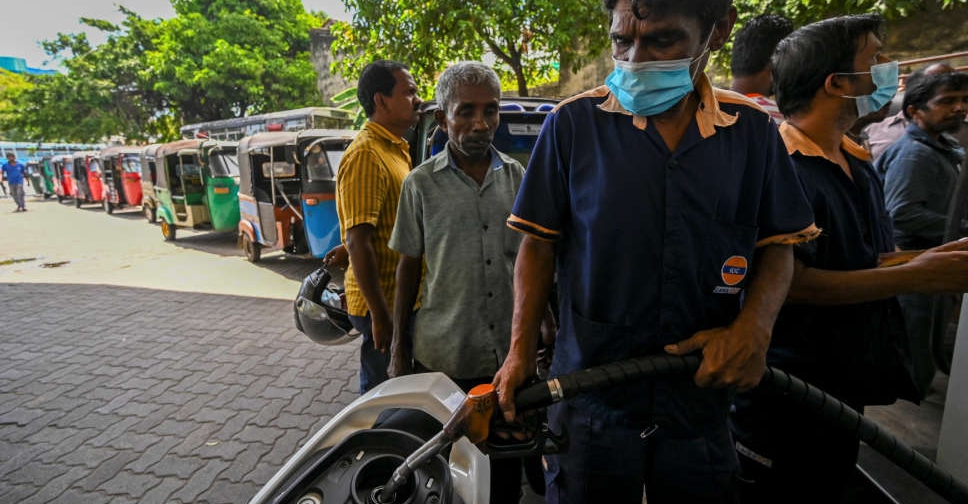
Sri Lanka increased fuel and transport prices on Tuesday, a long-flagged move to combat its debilitating economic crisis, but the hikes are bound to exacerbate galloping inflation, at least in the short-term.
Power and Energy Minister Kanchana Wijesekera said in a message on Twitter that petrol prices would increase by 20 per cent-24 per cent while diesel prices would rise by 35 per cent-38 per cent with immediate effect.
"Cabinet also approved the revision of transportation and other service charges accordingly," he said.
Wijesekera said also that people would be encouraged to work from home "to minimize the use of fuel and to manage the energy crisis" and that public sector officials would work from office only when instructed by the head of the institution.
Food and transport price increases will flow through to food and other goods, economists said.
Annual inflation in the island nation rose to a record 33.8 per cent in April compared to 21.5 per cent in March, according to government data released on Monday.
Sri Lanka is in the throes of its worst economic crisis since independence, as a dire shortage of foreign exchange has stalled imports and left the country short of fuel, medicines and hit by rolling power cuts.
The financial trouble has come from the confluence of the COVID-19 pandemic battering the tourism-reliant economy, rising oil prices and populist tax cuts by the government of President Gotabaya Rajapaksa and his brother, Mahinda, who resigned as prime minister this month.
Economists have said fuel and power price hikes will be necessary to plug a massive gap in government revenues, but agree that it will lead to short-term pain.
Dhananath Fernando, an analyst for Colombo based think tank Advocata Institute, said prices of petrol have soared 259 per cent since October last year and diesel by 231 per cent. Prices of food and other essential goods have surged, he said.
"Poor people will be the most effected by this. The solution is to establish a cash transfer system to support the poor and increase efficiency as much as possible."
Prime Minister Ranil Wickremesinghe, appointed in place of Mahinda Rajapaksa earlier this month after violence broke out between government protesters and protesters, said last week: "In the short term we will have to face an even more difficult time period. There is a possibility that inflation will increase further."




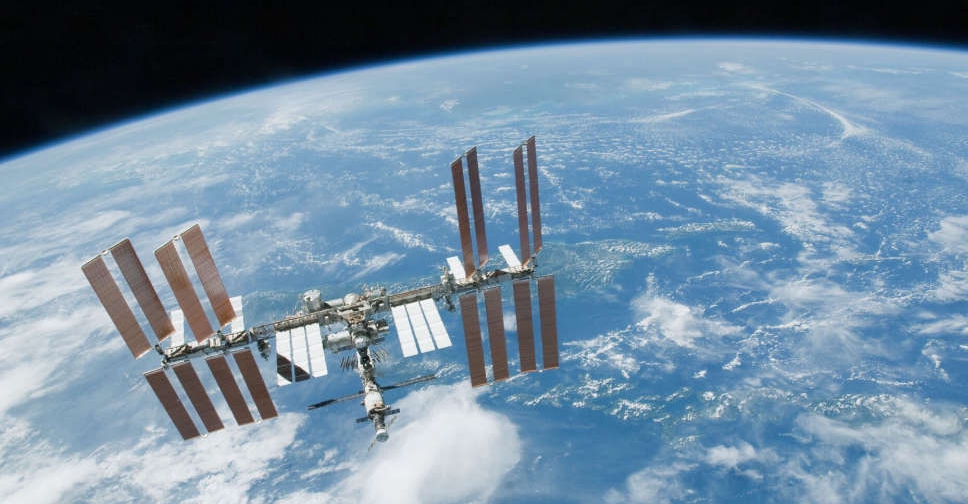 UAE and Japan to strengthen space industry cooperation
UAE and Japan to strengthen space industry cooperation
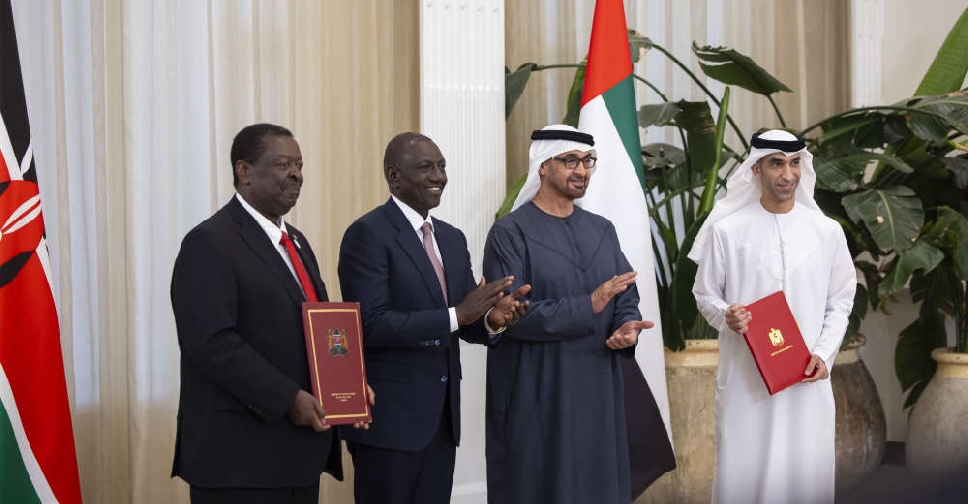 UAE and Kenya sign CEPA deal in Abu Dhabi
UAE and Kenya sign CEPA deal in Abu Dhabi
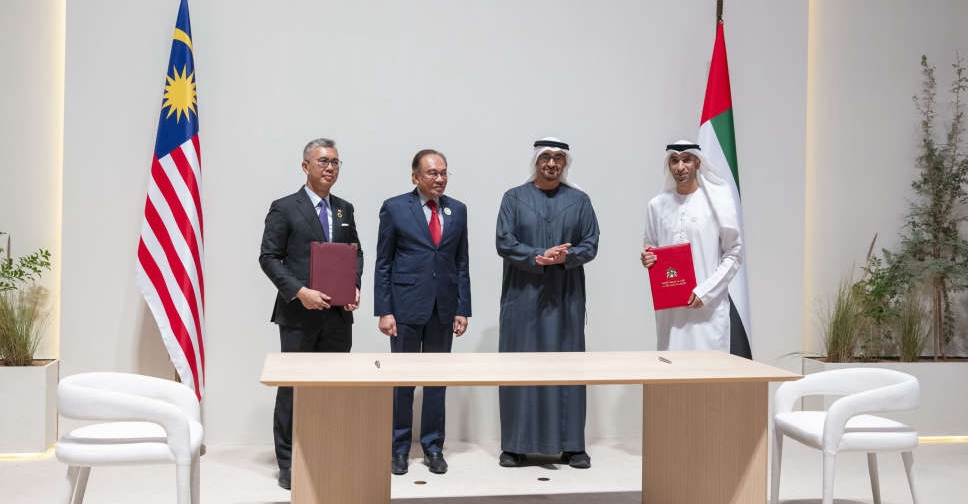 UAE, Malaysia confirm CEPA to deepen trade, investment ties
UAE, Malaysia confirm CEPA to deepen trade, investment ties
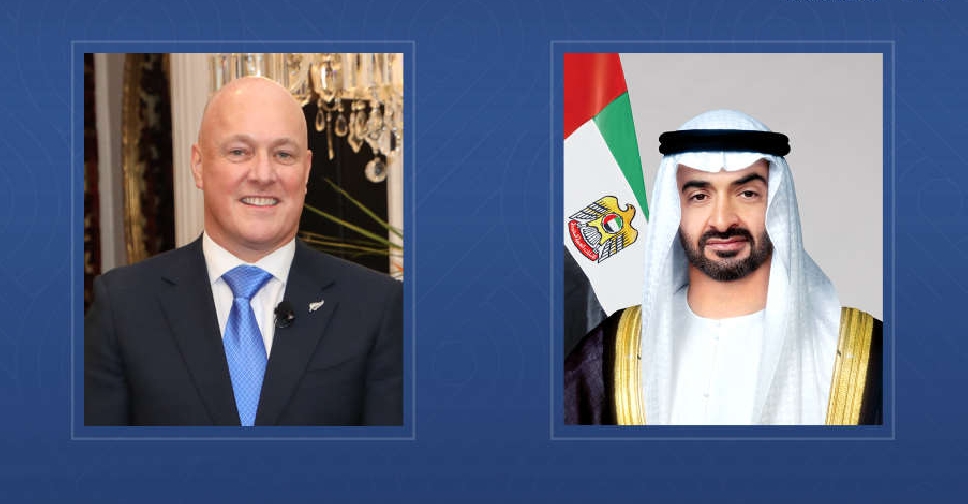 UAE, New Zealand CEPA formally signed
UAE, New Zealand CEPA formally signed


